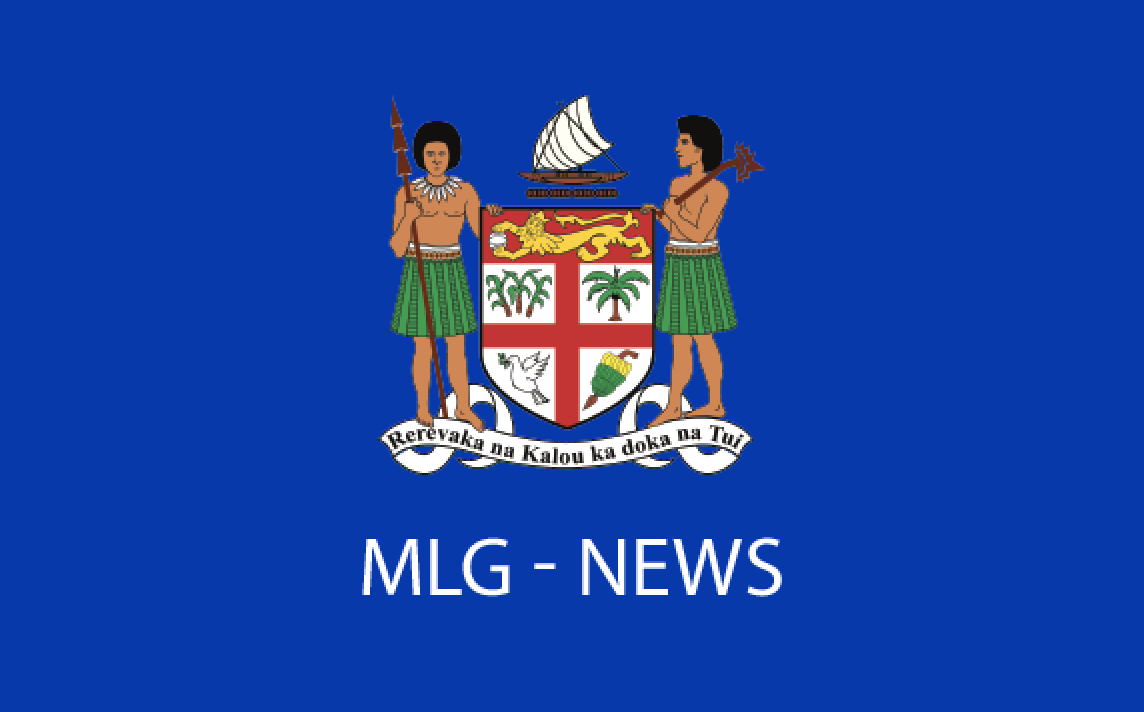Response by the Minister for Local Government, Housing & Community Development on Bill No. 45 of 2021 – “Trademarks Bill 2020”

2. Mister Speaker Sir, it is imperative to have Intellectual Property laws at the national level to ensure that it protects the exclusive control of intangible assets from theft. The purpose of these laws is to give an incentive for developers of creative works that benefit the economy, thereby ensuring that the inventors are able to profit from their creativity without any fear of misappropriation by others.
3. Mister Speaker Sir, the Trademarks Act 1933 is long overdue for a review and replacement. The legislation allows for the registration of trademarks covering goods only. It is high time that the Act was reviewed and replaced by a modern legislation that can consider the changing needs and demands of the changing global markets.
4. Mister Speaker Sir, it is important to note that trademarking products and services protects businesses and consumers from counterfeit products. Counterfeit goods causes huge losses to brand owners. In addition to direct monetary losses, trademark piracy and counterfeiting lead to harm to reputation and goodwill. And often counterfeit goods can be detrimental
5. Trademarks make it easier for consumers to quickly identify the source of a given product. The Trademark Bill furthers this by regulating the proper use of trademarks.
6. Mr. Speaker Sir, by enabling consumers to make their choice between the various goods available on the market, trademarks encourage their owners to maintain and improve the quality of the products sold under the trademark.
7. In a market that offers a choice, a consumer who is disappointed will not buy the same product again. One who is satisfied will tend to rely on the trademark for his or her future purchase decisions. Thus, trademarks reward the manufacturer who constantly produces high-quality goods, and as a result they stimulate economic progress.
8. The Trademarks Bill 2020 will prevent third parties to use same or similar trade mark in a manner to confuse customers, divert business or damage the brands image.
9. Mister Speaker Sir, trademarks provide confidence to consumers. Otherwise competitors could use identical brand names and signs for the same or similar goods to confuse consumers.
10. Mister Speaker Sir, the Trademark Bill 2020 comes with fundamental reforms needed to ensure a modern and updated legislation for the betterment of traders and consumers.
11. Mister Speaker Sir, the Bill adopts the Nice Classification system, allowing for services to be registered for Trademarks. This will allow individuals or organisations that intend to acquire the right to exclusive use of a trademark for the services they provide. They will be able to file an application for service mark registration with the appropriate regulatory authority (Fiji Intellectual Property Office).
12. Mr. Speaker Sir, this provision shows the most significant difference between commodity marks and service marks. In practice, insurance, banking, tourism, education, hospitals, advertising, transportation, and telecommunications are considered service industries. It is believed that both commodity marks and service marks will be subject to the same protection by virtue of the Bill.
13. Mister Speaker Sir, in conclusion, the Trademark Bill is a game changer for Fiji. The Bill promotes consumer protection and also protects the right of the trademark owner.
14. Mister Speaker Sir, I support the Trademarks Bill 2020.
Additional Information
Benefits of the Madrid System:
a) An applicant can apply for protection of his/her trade mark registration in its member countries, all in one request;
b) The process can be simpler and cheaper than directly applying to each country, depending on how widely someone wants to trade;
c) The Applicant does not need to have an address for service within the contracting countries at the time of filing;
d) Applicant will only need to make a single request to make changes to, or renew, international registrations. If the international registration is granted protection in a designated country, the trade mark will have the same protection that would be extended to a national registration in that country; and
e) Applicant is able to make subsequent designations in other Madrid member countries at a later date.

